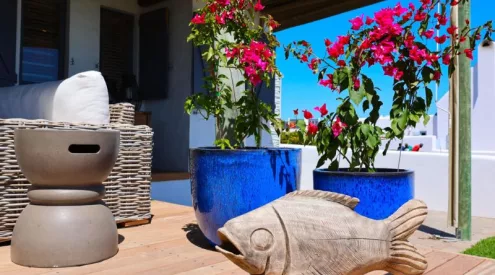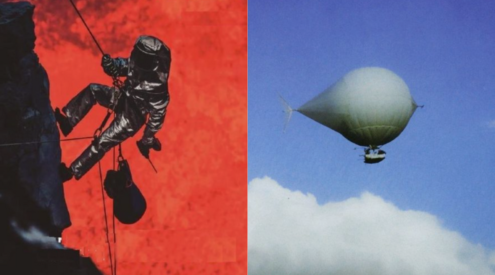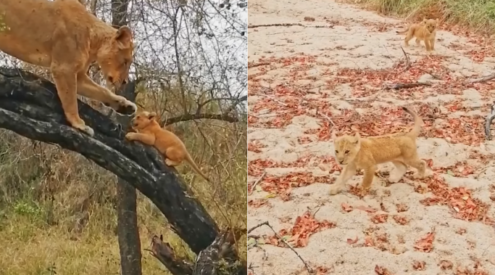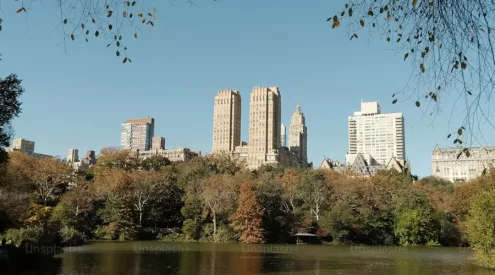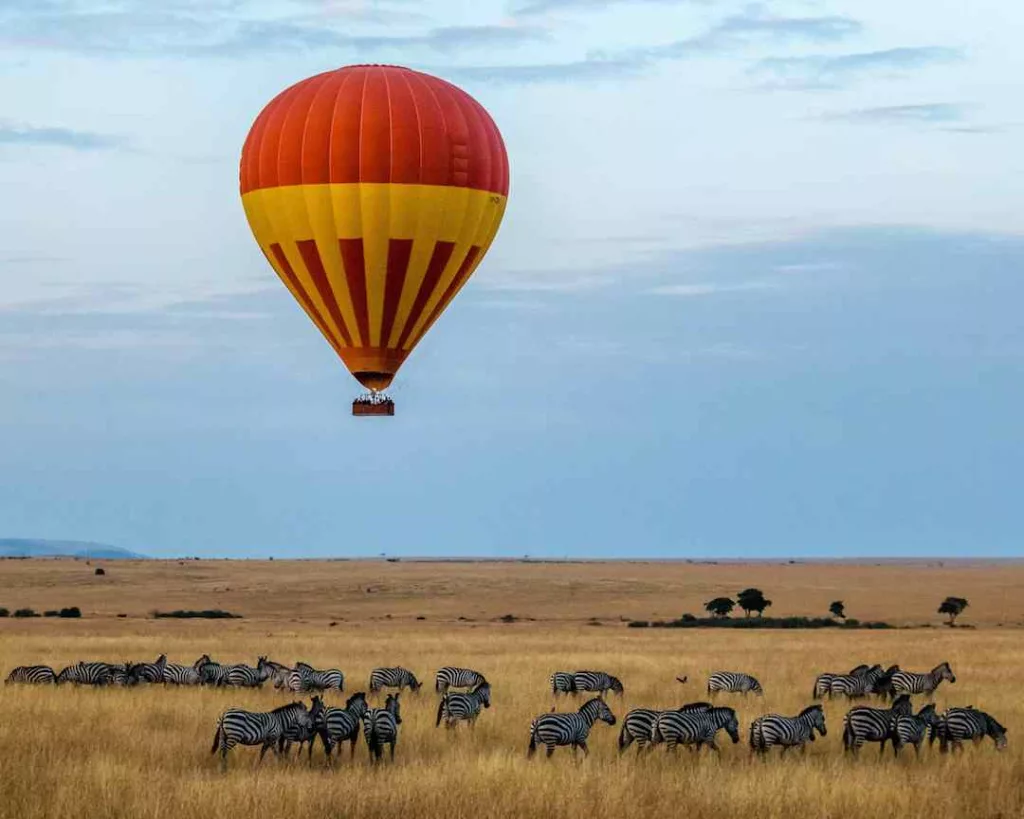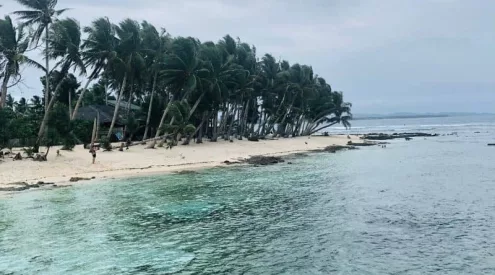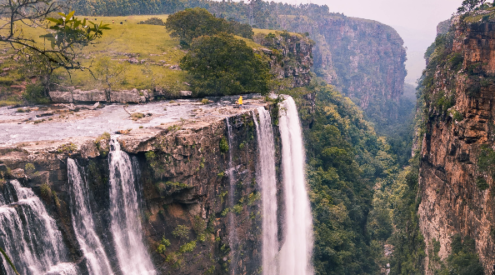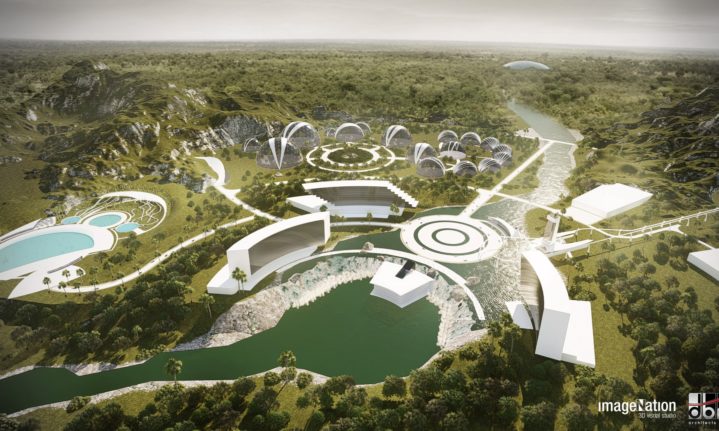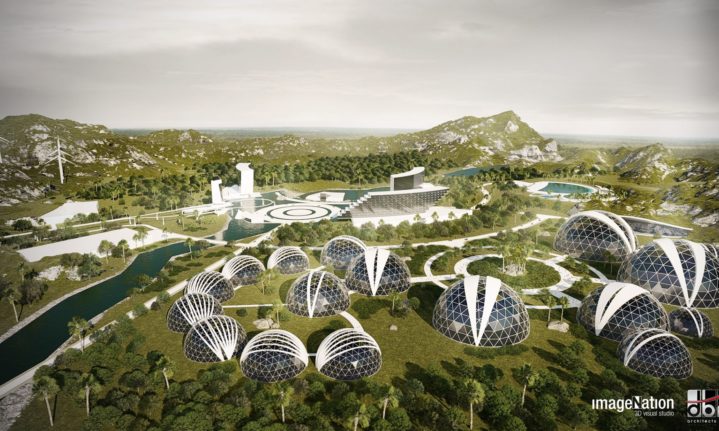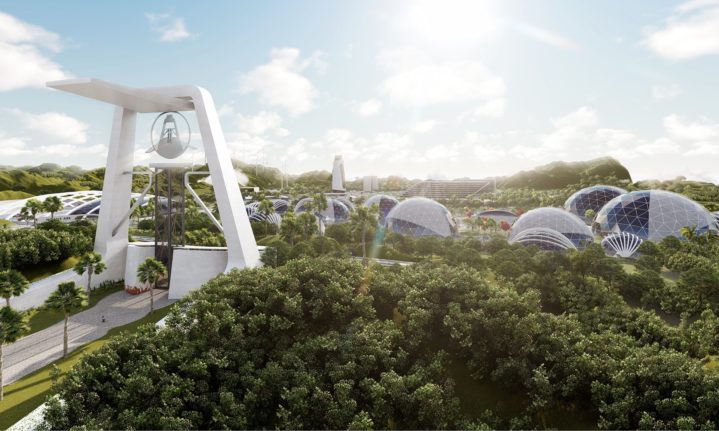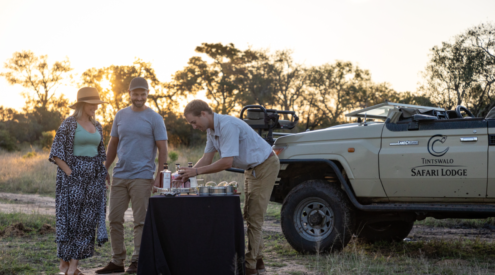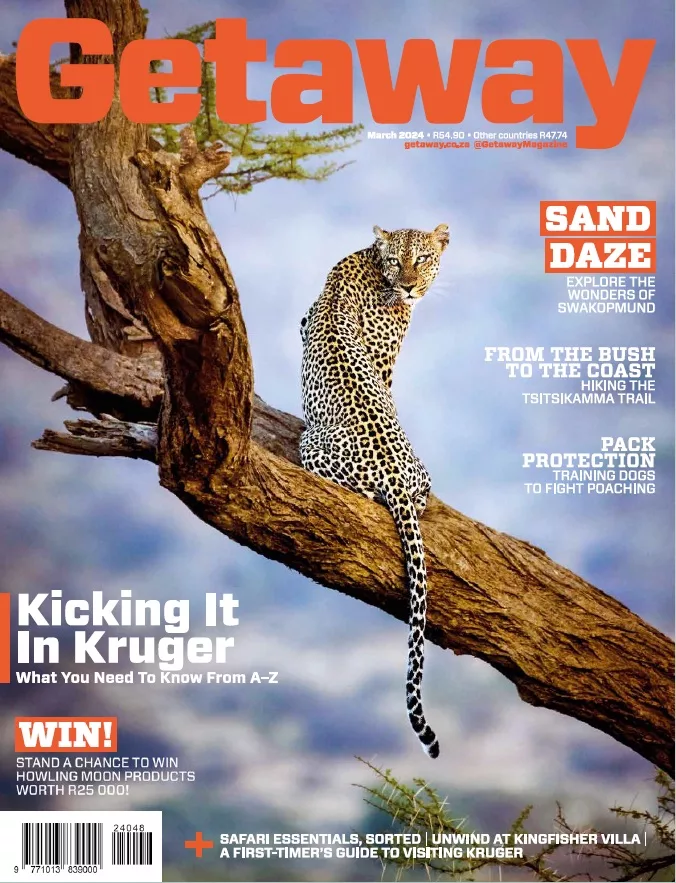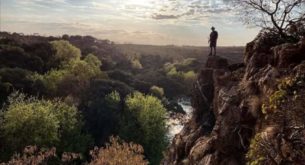British entrepreneur Richard Prinsloo Curson is crowdfunding to support an ambitious project called Noah’s Ark.
It is a state-of-the-art animal and ecological conservation park covering 100 square kilometres. The plans are to build the park on the North East coast of KwaZulu-Natal, South Africa.
PR Directors Hein and Richard Prinsloo Curson aim to raise £5-billion (R100-billion) using global initiatives to build the most technically advanced conservation facility ever.
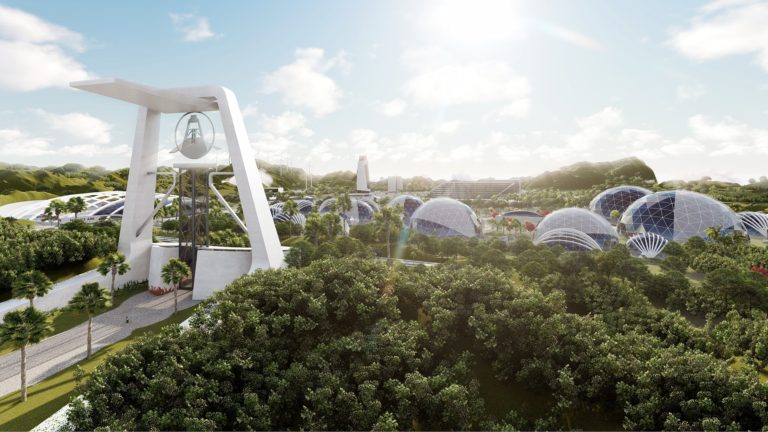
The development will feature a national park, the world’s biggest aquarium, geodomes with artificial environments replicating Antarctica and the Amazon Rain Forest as well as pulse beam anti-aircraft technology to defend the animal population.
Noah’s Ark is made of two compounds. The first is a national park providing a protected and safe natural habitat for animals. The second is a 12 km square visitor and science compound.
Once built, they plan to stock the park with species on the endangered list and create effective breeding programmes to eliminate the likelihood of their extinction.
They also plan to undertake strategic research aimed at increasing the population growth of endangered species until they are able to be removed from the endangered species list.
They also hope to create effective measures to eradicate all human-related contributing factors to population decrease and to strategically introduce endangered species into the natural ecosystem of the park on a regular basis.
According to their mission statement, they also plan to create nonprofit organisations (NPOs). The role of the NPOs will be to eradicate human influence over the population decline of each endangered species.
This will be the largest and most ambitious conservation project in history. .
The development is supported by His Majesty The King of the Zulus and leader of the region INkosi Tembe under uMkhanyakude District.
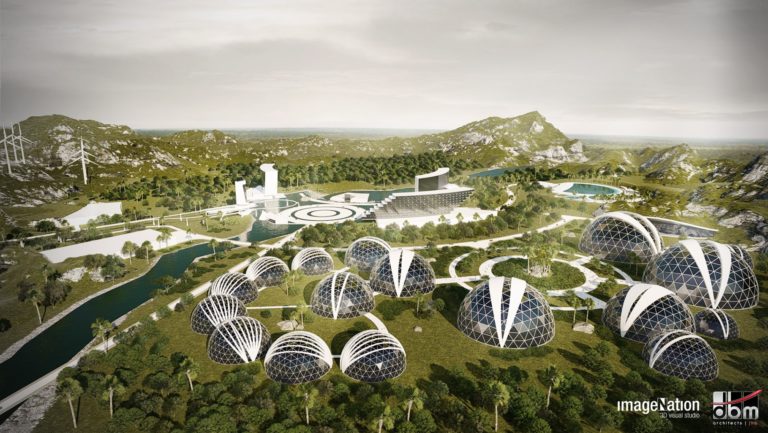
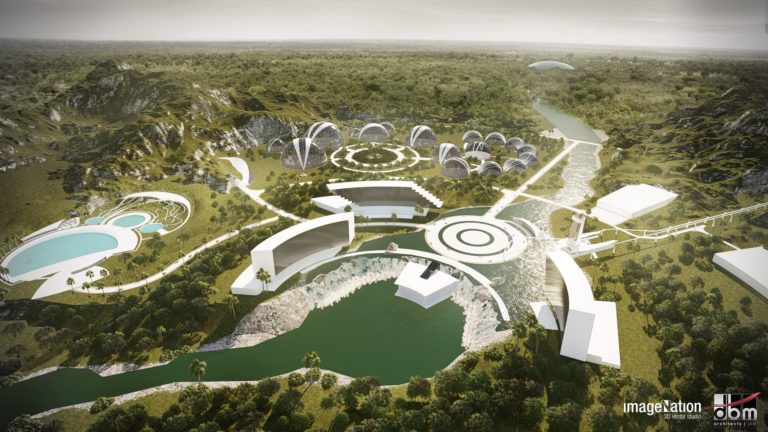
‘The animal kingdom is at crisis point; climate change, over development, farming, ocean plastic and big game hunting and poaching are driving thousands of species off the face of the earth,’ their website explains.
‘If humanity continues at the above trend the natural world will be gone in 20 years and the human race will be left fighting the horrific consequences of climate change to survive.’
‘It is to serve the same purpose as the famous biblical Noah’s Ark we all know; it is a boundless effort to stop Earth’s animals from being wiped out completely.’
The ambitious five year project will be documented in a new 12-part television series that is currently being filmed.
The World Wildlife Fund (WWF) published its Living Planet Report for 2020, which indicates that since 1970, the planet’s wildlife population has declined by 68%.
Read: Jane Goodall’s warning for humanity
The harrowing reality is a result of environmental destruction, such as deforestation, unsustainable agriculture and the illegal wildlife trade – which contributes to virus outbreaks like COVID-19.
Also read: Scientists call for global protection of cetaceans
Picture: Facebook / Noah’s Ark

